For manual transmission drivers, hearing the words “failing clutch” makes your stomach turn. But, it’s not just a problem for manual transmission, automatic transmissions also experience clutch failure. Let’s take a look at what happens when your clutch fails and how to tell when it is going to happen.
How Long Do Clutches Last?
Typically, clutches can last between 50-100,000 miles, making it a forgotten component of a vehicle. But, this mileage varies. If you drive in heavy traffic, frequently pull heavy loads and are prone to riding the clutch, it can fail sooner than the 50,000-mile mark.
Signs of a Failing Clutch
Luckily, your clutch gives off warning signs before completely breaking. But, it’s up to you to listen to them.
Slippage
Have you noticed your engine races, but your car moves slowly? Slippage is the primary symptom of a worn clutch in an automatic transmission but is also noticeable with manual transmissions.
Not sure if this is happening? Take your car out for a test drive. While acceleration on the highway or a straight-track of road, accelerate from first directly into fifth gear. If your engine continues to race and whine, the gear hasn’t caught and is slipping.
Burning Smell
That burning you smell? It’s coming from the friction of a slipping clutch. Like your brakes, the clutch has a pad that helps create friction and grip to lock the gears into place. When this pad wears down, metals start to grind against each other and strain to keep in place.
Spongy Clutch
This one can be difficult to notice, but it is one of the first signs your clutch is failing. Drive around the block, paying close attention to what it feels like when you press the clutch pedal. Does it feel like you are stepping on a sponge? Do you have to let the clutch out all the way before it engages?
It Just Feels Different
Each car is different. Maybe that spongey feeling has been there since day one. You’ve always had a sensitive clutch pedal. Or it’s always taken a second longer to speed up than those fancy cars.
It is your car. If something feels different or off, chances are high something is different and off.
My Clutch Broke, Now What?
Luckily, the clutch failing doesn’t cause catastrophic damage—if you immediately stop driving. A broken clutch takes away the connection between the engine and transmission, leaving your vehicle with the inability to move correctly. With a manual transmission, you can still drive your car.
Driving with a broken clutch is NOT recommended. It will likely cause further damage to other non-failing clutch components, the gearbox or your starter.
Have you noticed the signs of a failing clutch in your car? It’s time to schedule a repair. Call Northwest Auto of Houston at 281.894.8880 to get back on the road.

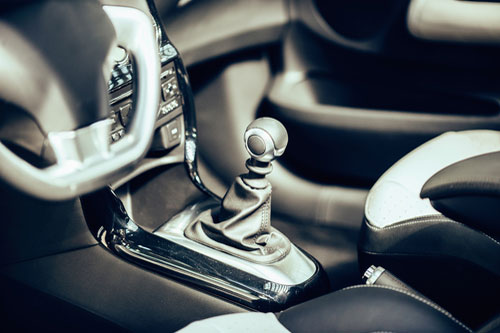
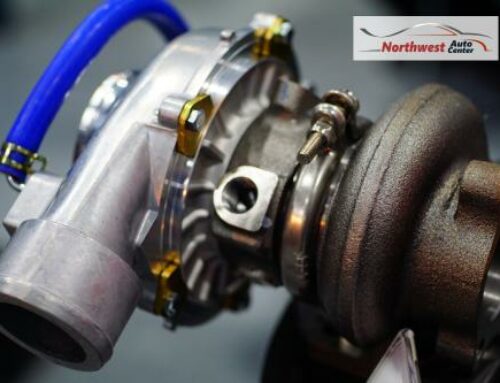
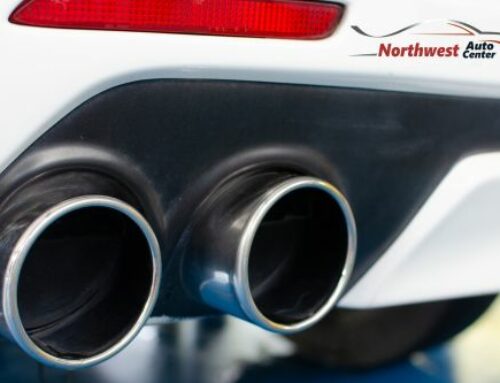
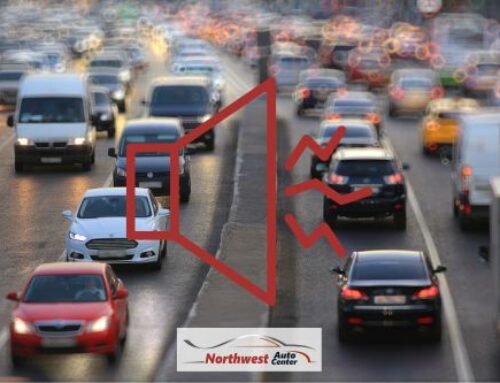
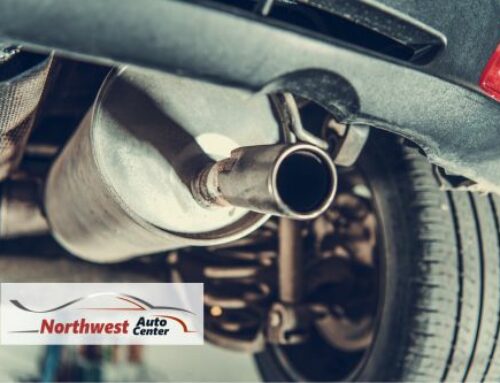

Leave A Comment
You must be logged in to post a comment.